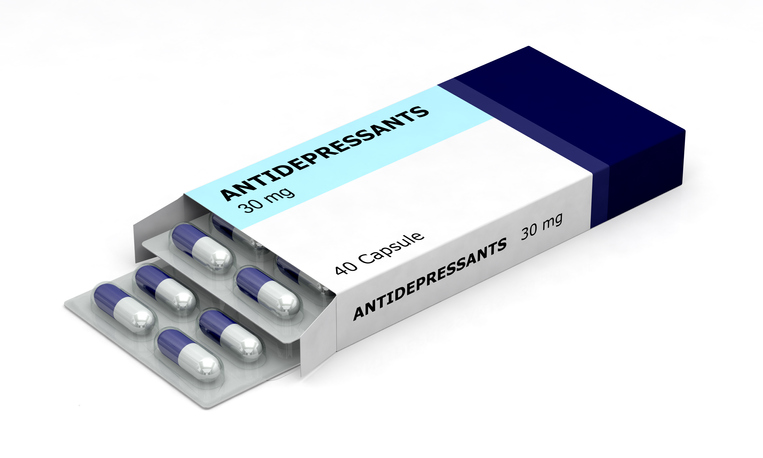Treatments
What Are Medication Side Effects?

Medication side effects are unintended effects of a drug. They are often negative, such as nausea, dizziness, or drowsiness. Negative side effects are also known as adverse reactions. Some side effects are common, whereas others are rare. The severity of side effects ranges from minor to severe.
All prescription and over-the-counter medications can produce side effects; however, the U.S. Food and Drug Administration (FDA) approves the use of drugs that are safe and effective when the benefits of the medication outweigh the risks. However, although most side effects are minor, they can also be very serious and even life-threatening. Hospitalization, disability, permanent bodily damage, death, or birth defect(s) in an unborn child can occur.
When are side effects most likely to occur?
Side effects may occur when taking a new medication, when increasing or decreasing the dosage of a medication, when stopping treatment with a medication, or when taking a medication in a different manner or dosage than it was prescribed. Side effects may even develop after taking a certain medication for a significant time. The potential for side effects is affected by age, gender, allergies, body absorption, other drugs, and vitamin or dietary supplements.
Side effects most commonly affect the gastrointestinal system. Most drugs can cause an upset stomach or nausea. Dry mouth and drowsiness are also common side effects. Skin irritation is the most common side effect of topical medications.
Why do side effects occur?
Side effects occur for various reasons including, but not limited to, the following:
- The chemical structure of a medication can cause side effects. Diphenhydramine, a common allergy drug, is an example of a medication that may cause side effects due to its chemical structure. It can cause drowsiness and dry mouth because it blocks the chemical acetylcholine.
- Medication dosage adjustments can increase the risk of side effects.
- A reaction to an inactive ingredient in a medication can cause side effects.
- Destroying abnormal cells while also destroying healthy cells (e.g., chemotherapy drugs) can cause side effects.
- Drug interactions can cause side effects.
Tips to prevent or reduce potential side effects
General tips to reduce or prevent potential side effects include the following:
- Speak to your health care professional about a medication’s potential side effects and any steps you can take to prevent or reduce them.
- Ask your pharmacy for FDA Medication Guides and Patient Information when getting a prescription.
- Ensure that prescribing health care professionals and pharmacists have an up-to-date list of all your current prescription medications, over-the-counter medications, vitamins, and supplements to check for possible drug interactions.
- Discuss potential side effects and possible drug interactions with your health care provider and pharmacist.
- Read stickers and labels attached to prescription bottles and any package inserts provided with prescription medications.
- Read the Drug Facts Label or package inserts provided with any over-the-counter (OTC) medications.
What to do if a side effect occurs
A health care professional should be consulted if a side effect occurs. The dosage of the medication may need to be changed, or a different medication may need to be prescribed. If severe symptoms or signs of anaphylaxis occur, emergency medical treatment is essential.
Unexpected side effects or adverse reactions can be reported to the FDA MedWatch Program
Additional sources used to create this article include Medical News Today and The Washington Post.



















